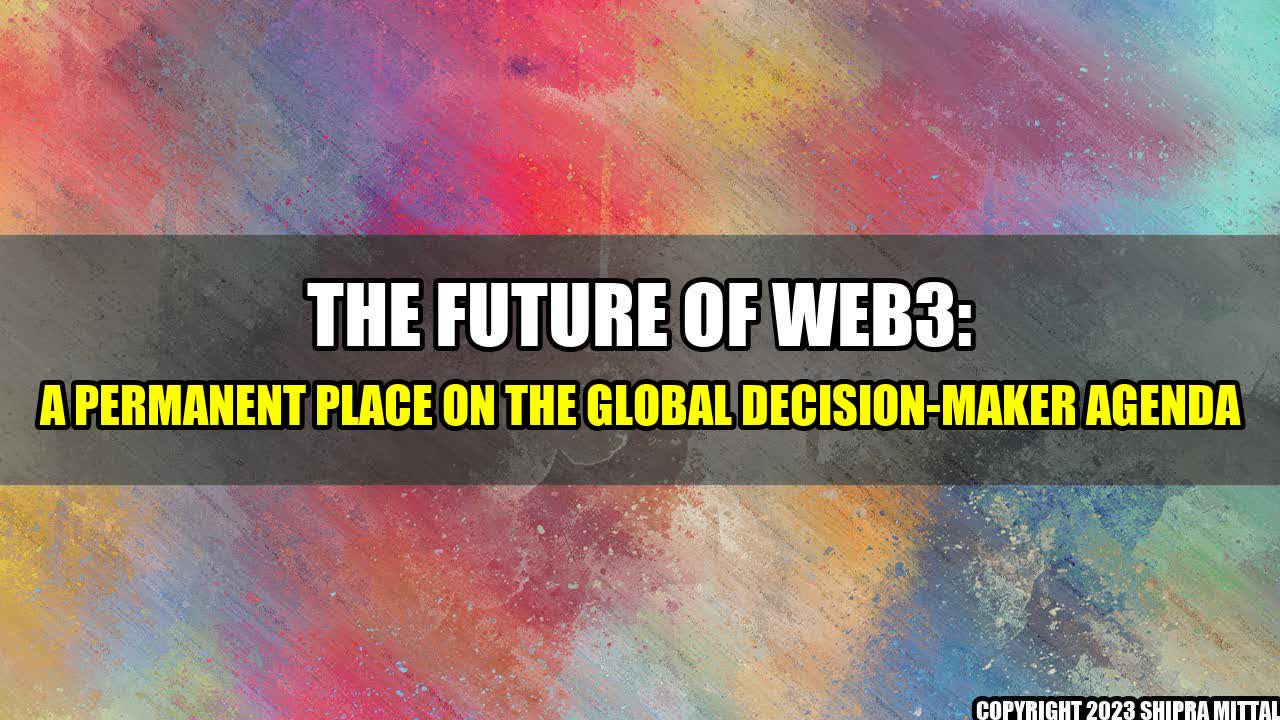Concrete Examples
Web3 is not just a vague concept or a futuristic idea. It's a reality that is already transforming industries and society. Let's see some examples:
- Blockchain-based financial services: Web3 enables trustless and inclusive financial services that are accessible to anyone with an internet connection, without the need for a bank account. Crypto wallets and decentralized exchanges allow people to store, exchange and trade cryptocurrencies securely and without intermediaries. Moreover, decentralized finance (DeFi) projects offer a variety of services such as lending, borrowing, and insurance that are governed by smart contracts and community governance.
- Online marketplaces: Web3 platforms allow individuals and businesses to trade goods and services without relying on centralized marketplaces that charge hefty fees and control the data. Decentralized marketplaces such as OpenSea, Rarible, and SuperRare enable creators to sell their digital assets and artworks directly to buyers, with the ownership being stored on the blockchain.
- Social media and communication: Web3 promises a more privacy-centric and censorship-resistant internet, where users control their data and identity. Web3-powered social media platforms such as Minds and Pheme enable users to post and share content without the fear of being banned or censored, while web3-based communication protocols such as Matrix and Status provide secure and decentralized messaging and voice/video calls.
Conclusion
In conclusion, Web3 brings a paradigm shift in how we interact with each other and technology. It offers an alternative to the current centralized and monopolized internet, where power and control lie in the hands of a few corporations. Web3 empowers individuals, enables innovation and creativity, and fosters trust and transparency. To harness this potential, Web3 deserves a permanent place on the global decision-makers' agenda. We need governments, regulators, and institutions to recognize the importance of Web3 and foster an enabling environment that supports its development and adoption. Failure to do so, we risk falling behind in the digital revolution and missing out on the socio-economic benefits that Web3 can offer.

Akash Mittal Tech Article
Share on Twitter Share on LinkedIn